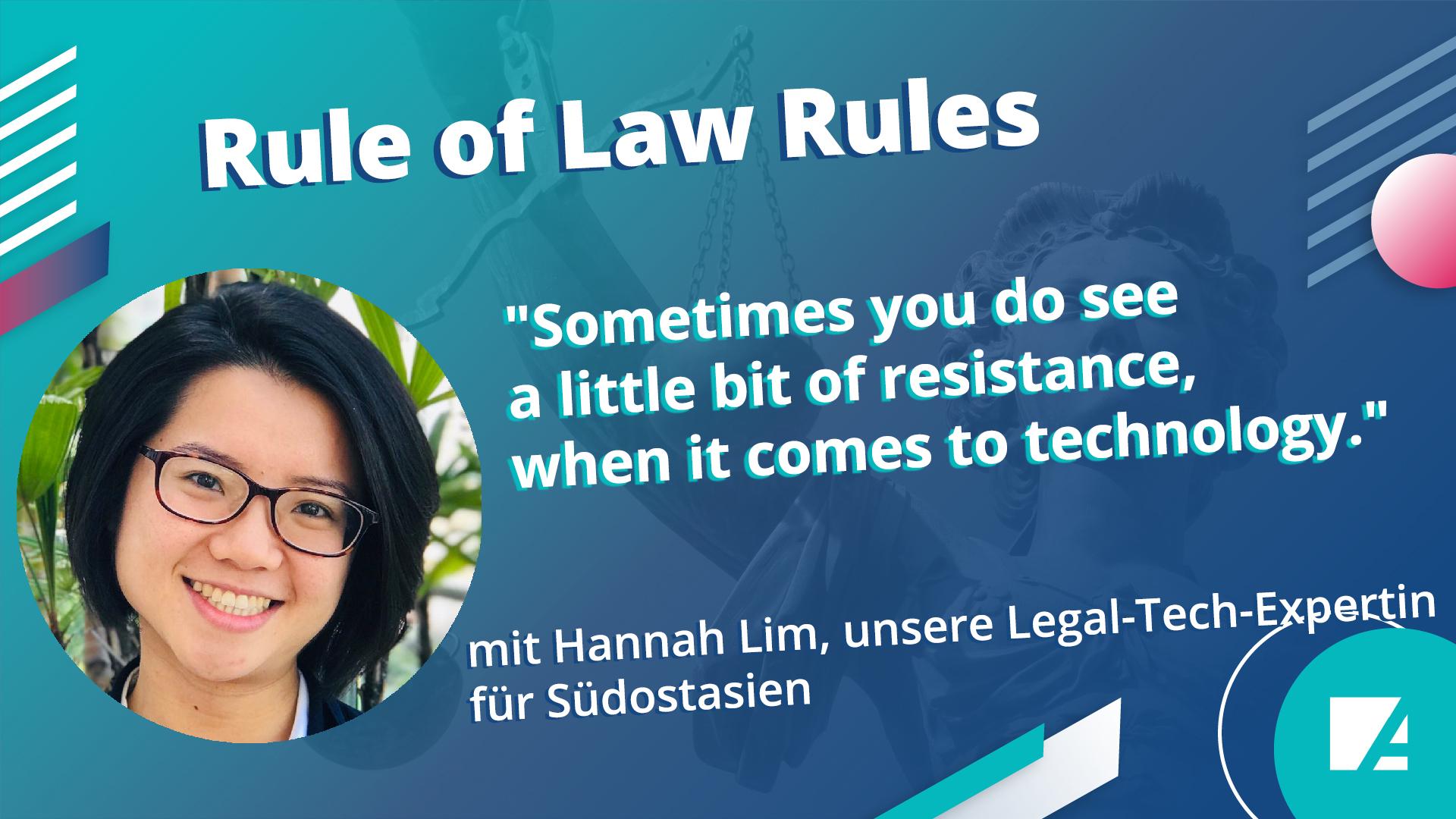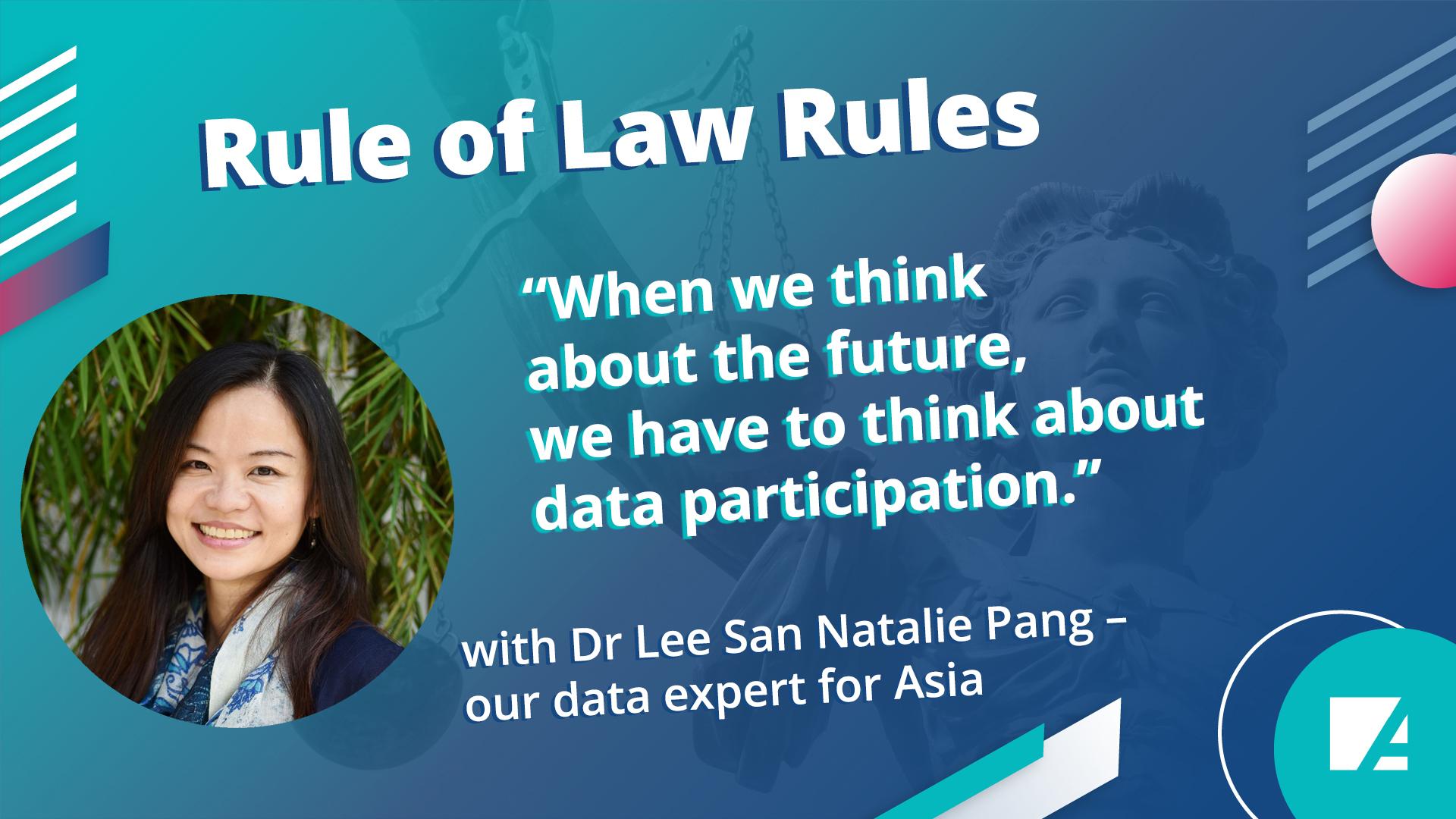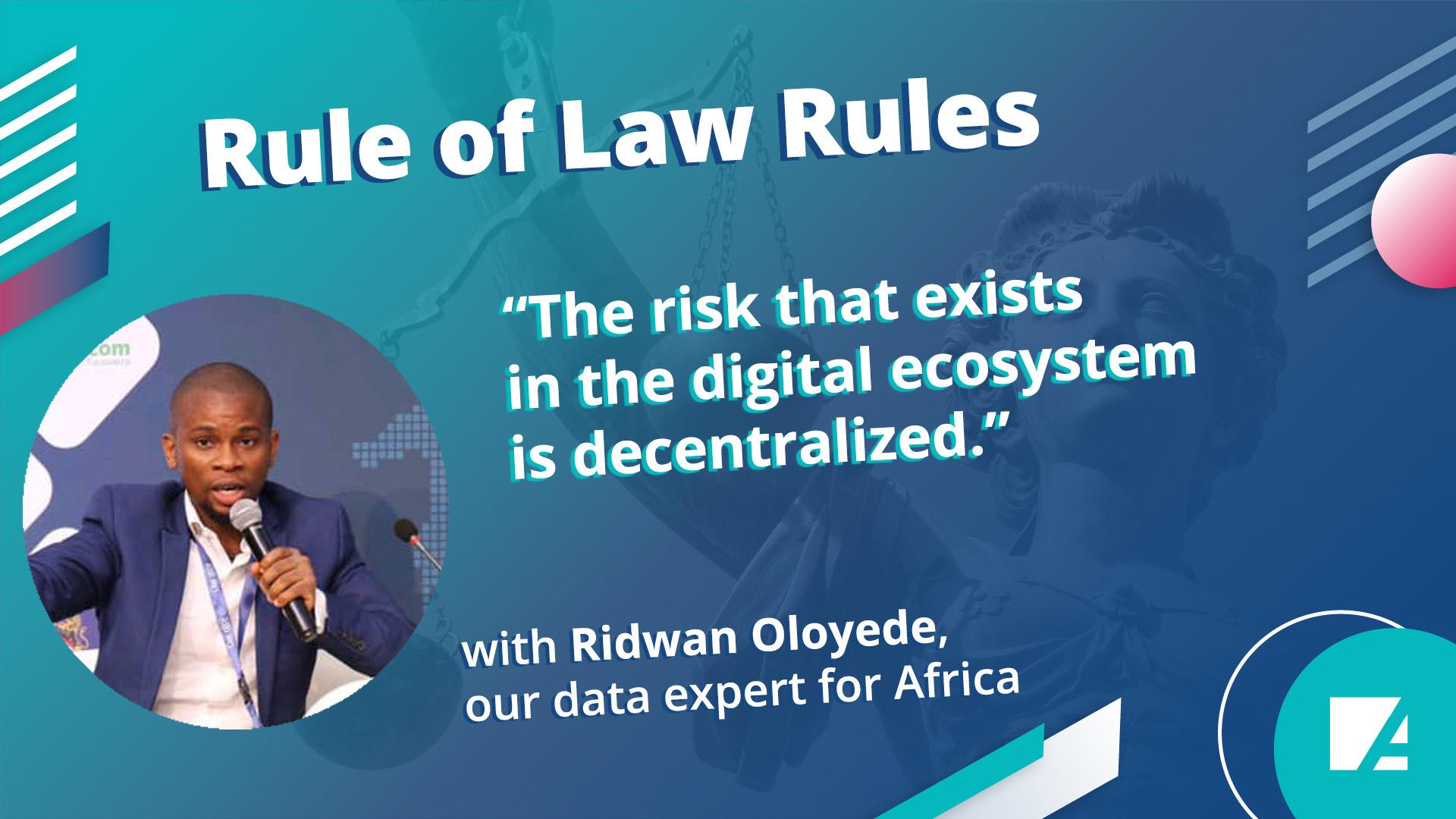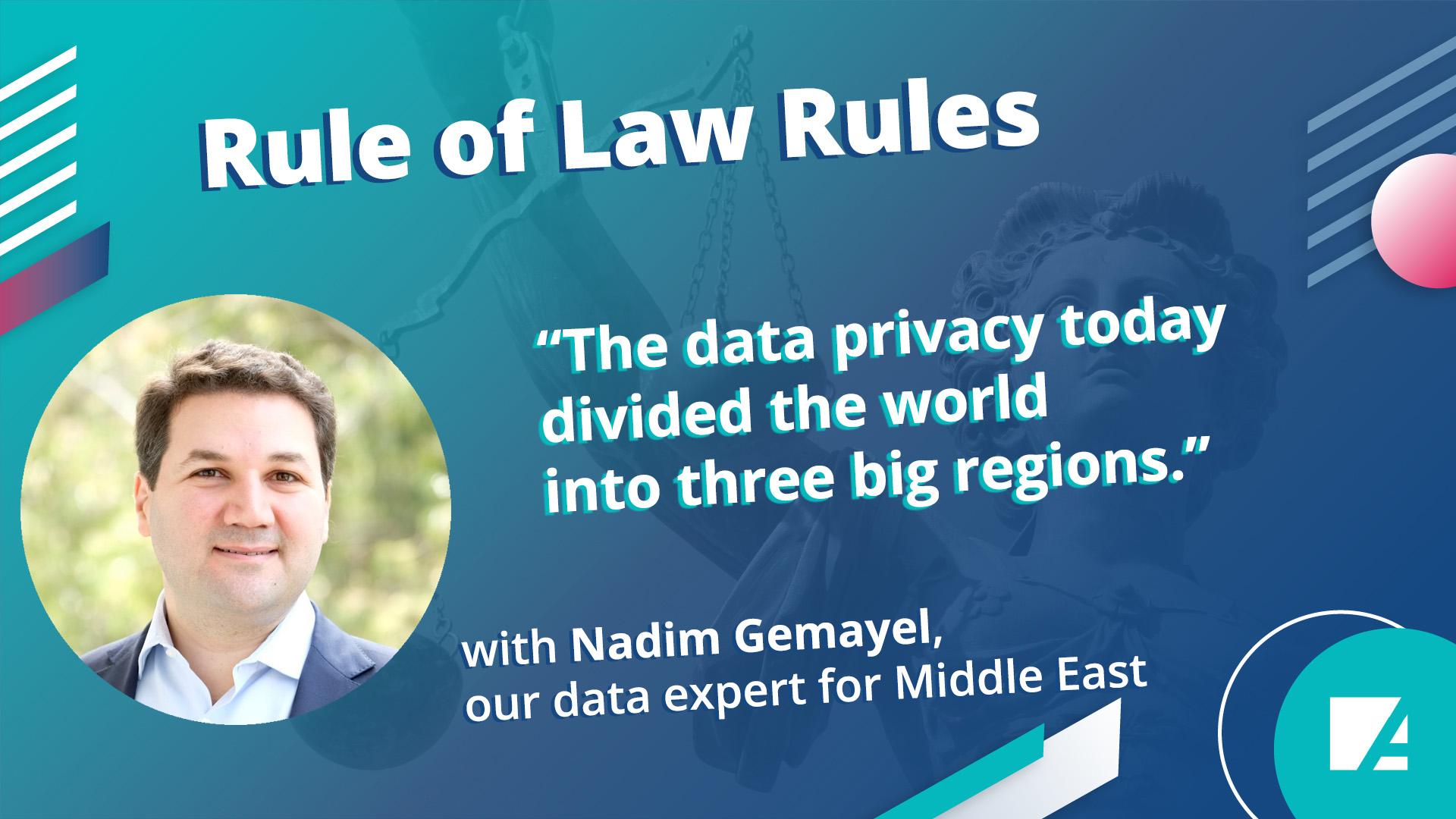Common emerging approaches to AI governance tend to be dominated by the experiences and priorities of a select few industrialised economies. However, the challenges, opportunities and harms posed by AI systems are likely to differ across social, economic, and cultural contexts. Most countries in the global south are still struggling to bridge the digital divide, even while digital technologies are deemed pivotal to addressing long-standing development challenges. Weak state and institutional capacities further hinder the ability of governments to effectively govern emerging technologies like AI. It also cannot be assumed that terms like fairness, transparency or accountability carry the same meaning across sociopolitical contexts in the global south. Countries are also at different stages of socioeconomic development and occupy different places in the global AI value chain. Understanding AI as a socio-technical system thus requires us to think beyond managing its technological affordances, and contend with how power, interests, and values across different socio-cultural contexts shape AI trajectories and are reconfigured in the process.
This volume seeks to understand perspectives on AI governance from South and South-East Asia. What are the politics, values, institutions, and policies shaping AI governance across Asian countries? How well do global conversations around AI governance translate to Asian contexts, with differing state priorities, institutional capacities, and cultural contexts? Are there alternative frames or discourses around AI governance emerging from the Asian region?









